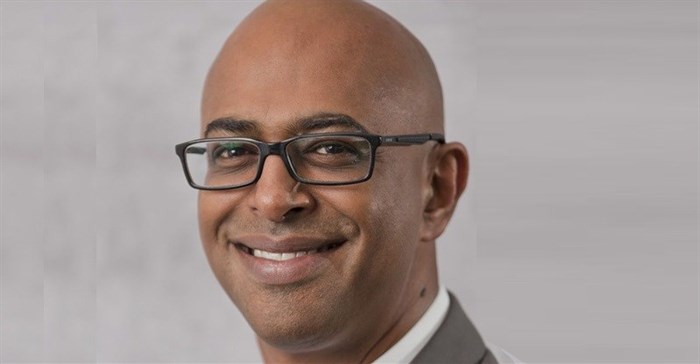






What should you study?
Find something that you really enjoy doing and you’ll never have to work a day in your life!
Look to your own family. Chances are that the happiest among them are the ones who love what they do.
While it is a given that your choice must also be able to support you financially when you eventually enter the world of work, choosing a field of study that you feel passionate about is the first step in the process. Passion fuels purpose but, more importantly, purpose fuels life.
My recommendation here would be for you to score your short-listed institutions against such factors as reputation, image, infrastructure, safety and security, social life, the availability of formal support mechanisms and, most importantly, against what employers and/or other practitioners in the industry where you intend working think about institution A vs institution B.
In the public education space, you can study at a university, a university of technology, or a technical and vocational education and training (TVET) college. Universities generally focus on academic research, degrees and post-graduate qualifications, while universities of technology focus on higher certificates, diplomas and, to an extent, degrees.
TVET colleges offer mostly certificate courses that enable you to work in a technical or vocational field. In order to gain admission at a university or a university of technology, you have to pass grade 12 and meet specific admission criteria. However, TVET colleges generally allow admission with a grade nine pass.
Tertiary education in South Africa currently comprises 17 state-owned universities, nine state-owned universities of technology, and 50 state-owned TVET colleges. While this may seem like a large number of available public institutions, capacity at each institution is limited. This means that not everyone who applies and meets the entrance criteria are automatically accepted.
Many students thus choose to obtain a qualification at a private institution.
South African private higher education institutions or PHEIs, unlike their PHEI counterparts such as Harvard or Stanford in the US, are not allowed to call themselves universities but may offer the same levels of qualifications as a public university.
At present, some 300 private providers of higher education currently help bolster the country’s tertiary capacity.
Nearly half of all higher education students study through distance learning. Popularly known in some circles as the “learn while you earn” option, it is highly cost-effective and offers flexibility.
Distance learning students generally have the option to take a little longer to complete their qualifications than their contact learning counterparts and save money not having to travel to or live near a campus. Distance learning students also have the space to hold full-time jobs.
While distance learning is a viable option in both the public and private education spaces, it requires discipline and dedication together with a fair amount of maturity and focus.
The first year of a bachelor’s degree in education at a public institution costs around R70,000, of which the state subsidises half. Student fees are thus responsible for half that amount.
If you’re considering a private institution, keep the following in mind: